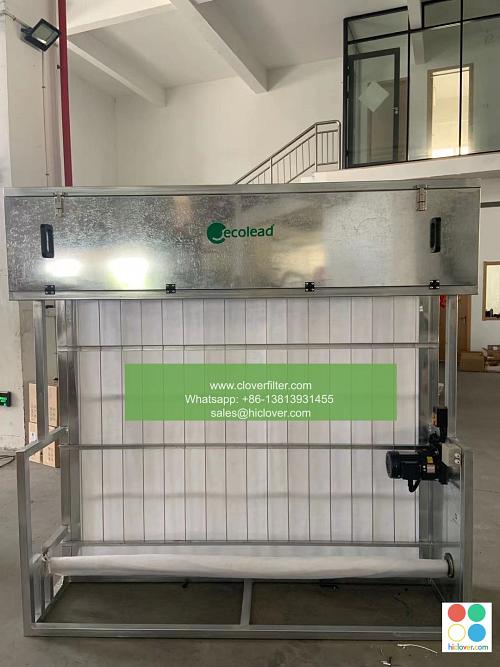Air Filter Efficiency: A Study on Particulate Matter Reduction

The reduction of particulate matter (PM) in the air is a critical aspect of maintaining good indoor air quality (IAQ) and mitigating the negative impacts of air pollution on human health. Air filters play a vital role in removing PM and other airborne pollutants from the air, and their efficiency is a key factor in determining their effectiveness. In this article, we will explore the concept of air filter efficiency, its relationship with particulate matter reduction, and highlight various application areas where efficient air filters can make a significant difference.
Introduction to Air Filter Efficiency
Air filter efficiency refers to the ability of an air filter to remove airborne pollutants, including particulate matter, gases, and vapors, from the air. The efficiency of an air filter is typically measured by its ability to capture particles of a specific size, with higher efficiency filters capable of capturing smaller particles. The most common standard for measuring air filter efficiency is the Minimum Efficiency Reporting Value (MERV) rating, which ranges from 1 to 20, with higher ratings indicating greater efficiency.
Particulate Matter Reduction
Particulate matter (PM) is a complex mixture of airborne pollutants that can have severe negative impacts on human health, including respiratory problems, cardiovascular disease, and even cancer. PM reduction is a critical aspect of air filtration, and efficient air filters can play a significant role in removing PM from the air. The size of PM particles can vary greatly, ranging from a few nanometers to several micrometers, and air filters must be designed to capture particles across this entire size range.
Application Areas for Efficient Air Filters
Efficient air filters have a wide range of applications, including:
* Indoor Air Quality (IAQ) Improvement: Efficient air filters can significantly improve IAQ by removing airborne pollutants, including PM, from the air.
* Industrial and Commercial Settings: Air filters are critical in industrial and commercial settings, where they can help remove pollutants and improve worker health and productivity.
* Healthcare Facilities: In healthcare facilities, efficient air filters can help prevent the spread of airborne diseases and improve patient outcomes.
* Transportation Systems: Air filters can be used in transportation systems, such as cars, buses, and trains, to improve the air quality and reduce the negative impacts of air pollution on passengers.
* Residential Settings: Efficient air filters can also be used in residential settings, where they can help improve IAQ and reduce the negative impacts of air pollution on occupants.
Key Technologies for Efficient Air Filtration
Several key technologies are used to improve air filter efficiency, including:
* High-Efficiency Particulate Air (HEPA) Filters: HEPA filters are designed to capture particles as small as 0.3 micrometers, making them highly effective at removing PM from the air.
* Activated Carbon Filters: Activated carbon filters are designed to capture gases and vapors, including volatile organic compounds (VOCs) and other airborne pollutants.
* Electrostatic Precipitation (ESP) Systems: ESP systems use electrostatic charges to capture particles, making them highly effective at removing PM from the air.
* Nanofiber Technology: Nanofiber technology involves the use of ultra-fine fibers to capture particles, making it highly effective at removing PM from the air.
Conclusion
In conclusion, air filter efficiency is a critical aspect of maintaining good indoor air quality and mitigating the negative impacts of air pollution on human health. Efficient air filters can play a significant role in removing particulate matter and other airborne pollutants from the air, and have a wide range of applications, including indoor air quality improvement, industrial and commercial settings, healthcare facilities, transportation systems, and residential settings. By highlighting the key technologies used to improve air filter efficiency, including HEPA filters, activated carbon filters, electrostatic precipitation systems, and nanofiber technology, we can better understand the importance of efficient air filtration and work towards creating healthier and more sustainable environments. It looks like you’re ready to get started, but you haven’t given me a specific prompt to work with yet. Could you please provide more details or clarify what you’re looking for? This will help me assist you more effectively.

